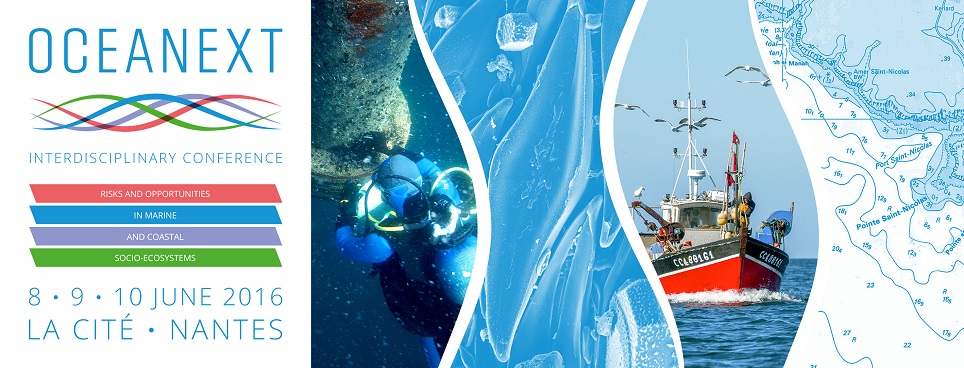Integrated Ecosystem Assessments (IEAs) are scientific frameworks that synthesize data to inform policy decisions. Today many science institutions develop and conduct Integrated Ecosystem Assessments as the integral tool of ecosystem-based management. However, the scholarship on the role of Integrated Ecosystem Assessments in policy and how these assessments can or cannot spur political actions remains at best fragmented, and the actual use of IEAs in policy processes is not fit for purpose.
The state-of-the-art of IEAs is pointing strongly in the direction of a push towards a “technological lock-in” where quantitative modelling is the method of choice. Experiences show that once a technology process is locked-in, any efforts to reform will be an uphill battle (i.e. the use of gas-powered automobiles for personal transport). If IEAs are to be designed for high credibility, legitimacy and societal saliency, a combination of quantitative and non-quantitative disciplines needs to be integrated early-on in the process. Since a common framework for Integrated Ecosystem Assessments in Europe is still lacking, there is an urgency to define how they should work to reach the transdisciplinary potential with an impact on sustainable actions. How can procedures for IEAs, the core tool linking the implementation of policy objectives and knowledge for marine ecosystem-based management, be designed to be credible, legitimate and salient?
- Autre

 PDF version
PDF version

